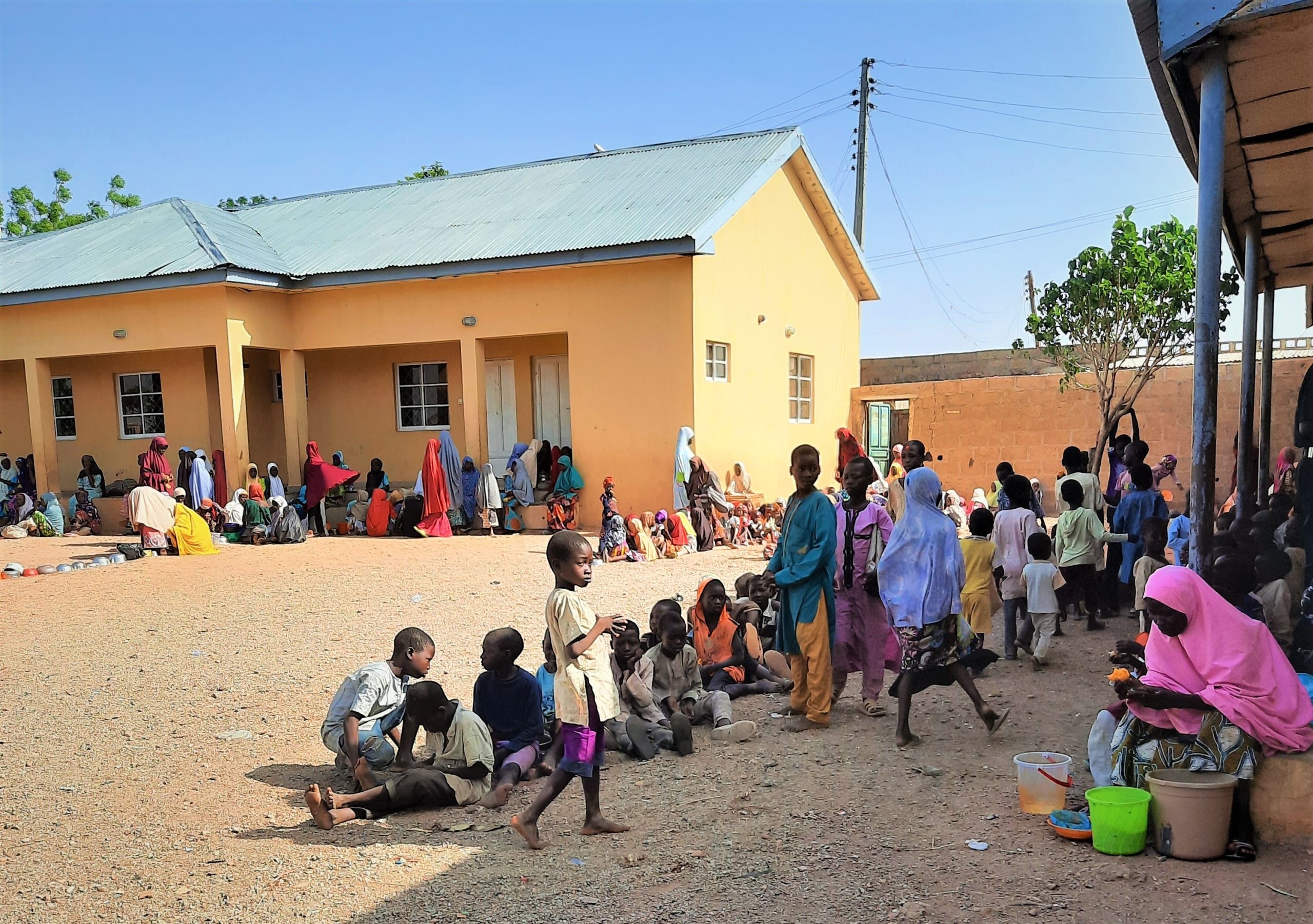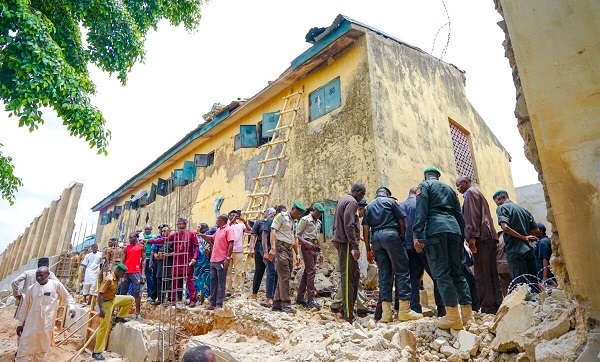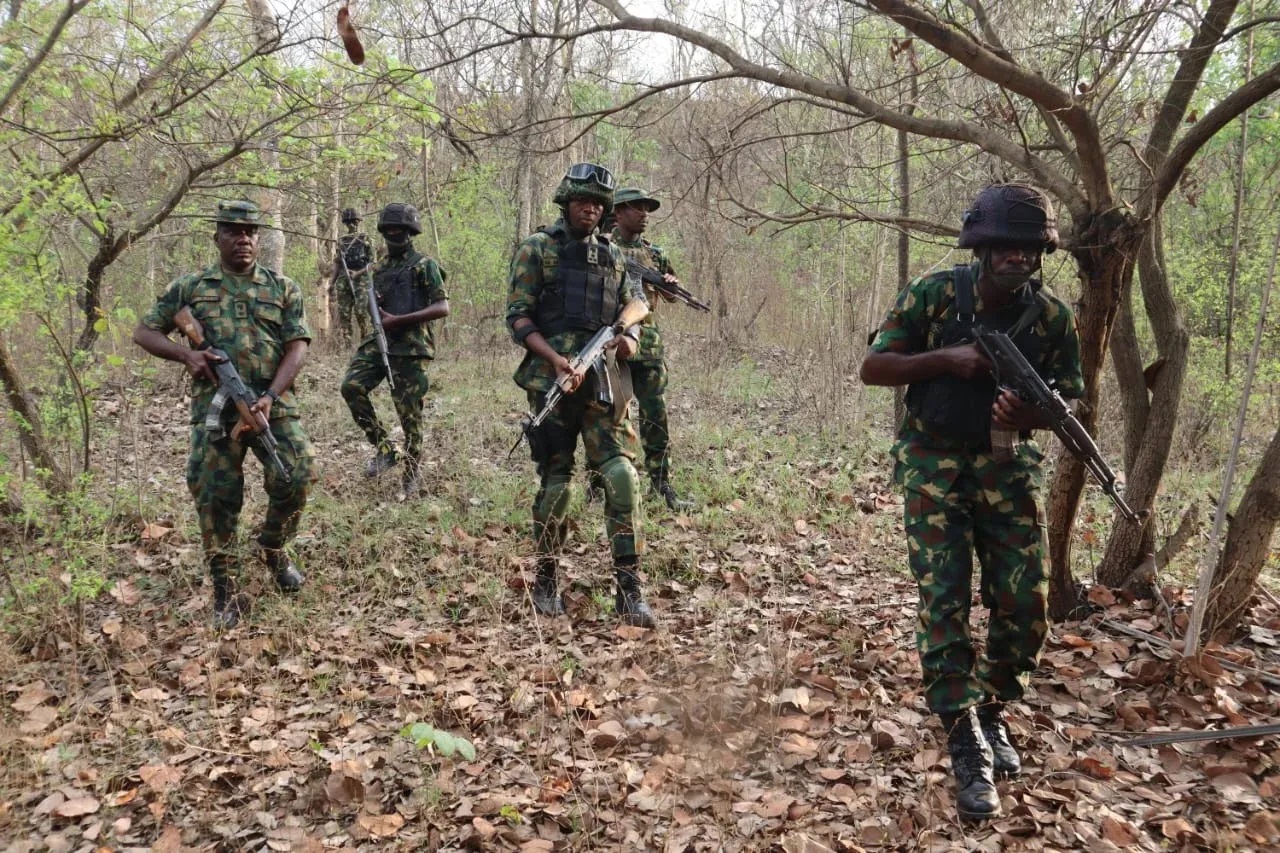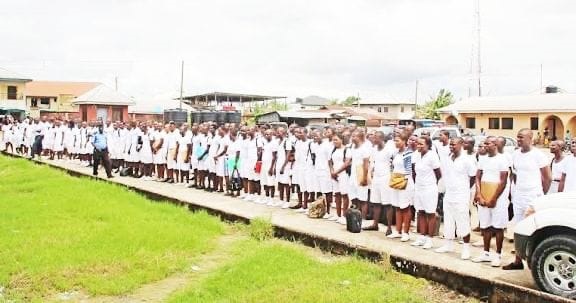More than 270,000 persons were displaced by banditry, communal clashes, herder-farmer conflicts, floods and desertification in Katsina State.
This was disclosed in Katsina on Tuesday by Mr Abubakar Imam, the Academic Liaison for the Solid Solution for Internally Displaced People, a project by the UNDP.
The News Agency of Nigeria (NAN) reports that Imam disclosed this while presenting a highlight at a town-hall meeting on IDP policy and State Action Plan.
According to Imam, the situation has affected 36,288 households across the state, with Batsari, Faskari, Kankara, Danmusa and Sabuwa Local Government Areas (LGAs) as hotspot areas.
He added that most of the IDPs live in informal host community settings without access to proper shelter, food security, education, or healthcare.
Imam said that the vision of the project was a peaceful, resilient and inclusive Katsina where IDPs can return, integrate, or relocate safely with access to livelihoods, services and protection.
According to him, the project focuses on the provision of 2,389 housing units with gender-sensitive designs, 10 primary health care, with WASH and solar power.
Other areas, he mentioned, included the provision of 63 basic schools, with inclusive facilities, vocational training, farm inputs and grants, among other things.
In his remarks, Gov. Dikko Radda, represented by his Deputy, Alhaji Faruq Jobe, said with the policy document, Katsina became the first state to formally domesticate the National Policy on IDPs.
He said that the state government always puts emphasis on security issues, hence, the validation of the policy on IDPs and State Action Plan On Durable Solutions was historic.
According to him, the policy offers a structured and right-based approach to prevent displacement, to protect those already displaced, and ensure access to durable solutions.
“This policy is a direct response to the displacement crisis that has affected many communities across our state.
“Armed conflict, banditry, poverty, and climate shocks had all contributed to forcing families out from their homes, disrupting livelihoods, and placing enormous pressure on our host communities.
“We cannot look away. We must act and we have,” the Governor said.
Earlier, Hajiya Maryam Musa, the State Focal Person for the project, said the policy was the comprehensive framework developed to guide the state and stakeholders in responding effectively to challenges affecting the IDPs.
According to her, it aligns with both the national and international standard to ensure dignity, protection and sustainable reintegration of IDPs into the society.
She said that the primary aspects of the national policy was the prevention of displacement, protection/assistance, durable solutions, accountability, coordination and inclusion among others. (NAN)





